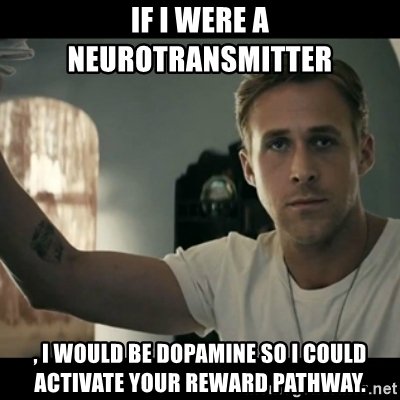What is Cognitive-Behavioral Therapy?
You might have lost motivation and fallen into a slump after a sudden loss or change in your life. Without even noticing it, you've become more withdrawn and lost touch with your friends. Or, you may have just stopped caring, having lost any sense of pleasure in your work. You may not know where to start, and just thinking about it feels draining and overwhelming. Cognitive-Behavioral Therapy presents a powerful tool to help you re-engage and find pleasure in your life again.
Cognitive-Behavioral Therapy (CBT) provides a powerful set of tools for helping you get "unstuck" and reignite a sense of drive in your work and personal life. It is generally a short-term intervention (8-12 sessions), but can also be the first phase of a more comprehensive treatment.
CBT has been found effective in the treatment of major depression and various anxiety disorders, but it also has many uses for improving your general quality of life, increasing your sense of engagement and daily activity, and creating a plan to get started with those projects or life changes you've put off.
How does CBT work?
In plain English, CBT works to get you going by
clarifying your goals and breaking them down into specific objectives, and even smaller concrete steps,
creating a plan that starts with the immediate and necessary first steps, and breaking them down further if needed, and more importantly,
addressing what gets in the way of fulfilling your goals (e.g. avoidance, fear, anxiety, etc).
Get S.M.A.R.T. about your goals
To have a better picture of what you need, we have to get smart by setting S.M.A.R.T. goals. S.M.A.R.T. goals are
Specific: Have a who, what, when, where, and why.
Measurable: How do you know you're getting closer to completing it?
Achievable: If you're out of shape, starting off by increasing how much you walk is more immediately achievable than running a 5k (building up to regular jogging at a later point then starts to get you closer to that goal!).
Relevant: How does it fit into your values and the "big picture"?
Time-limited: Have a clear target date, deadline, or frequency.
Being S.M.A.R.T. about what you want to achieve prevents a lot of unnecessary frustration by taking baby steps toward your goals. With each successive success, you develop a sense of accomplishment and level up to take on bigger, meatier goals.
Creating a plan
Best part of waking up...
There are a couple of different approaches to setting a plan in Behavioral Activation. One of them is to think about all the things you used to do and enjoy, and ordering them from the easiest to do to the hardest. Again, starting off easy (going down the block for a coffee) helps you build your way up to the stuff that feels harder and more overwhelming (going to that block party your friend-you-flake-on invited you to).
Another technique is to just keep breaking things down into simple, immediate, necessary steps. Let's break that down. For example, if you're feeling kind of "meh" about going to that party, and the idea of going outside just bores you, focus on the practical things you need to do:
Close your Netflix window on your computer
Get off the couch
Take a shower
Get dressed
Each one of these steps is simple, but depends on and leads to others. Shifting the focus from "going to the party" to "Turning off Netflix" sounds straightforward, but can make a world of difference from getting stuck in your head about whether or not to go, and taking an initial step. Even after taking each of those steps, you can still choose not to go, but find that you feel a little more motivated. And sometimes that's all it takes.
Addressing avoidance: get out of "traps" and get back on "trac"
When you fall into a slump, you can start to disengage and withdraw from your environment--whether it's friends, work, or dating. This withdrawal in turn becomes a form of avoidance, which can maintain the slump over time. To make matters worse, you start to notice your tendency to withdraw, and start beating yourself up over it, which leads you to feel less motivated and withdraw further.
Now, when your friends invite you out to a party or event, you're reminded of all the other times you flaked on them, and think about how much shit they'll give you. You feel bad about that, but rather than motivating you to reconnect with your friends, you avoid doing so to get rid of those uncomfortable feelings.
This behavior, in the words of cognitive-behavioral therapist (and late Rebellion leader) Admiral Ackbar,
Trigger: What tends to get you off course.
Response: The thoughts, feelings, and behavior you have to that trigger.
Avoidance Pattern: What you do to cope (e.g. avoid, escape, withdraw).
I want to help you address the "TRAPs" you're in by getting you back on "TRAC" (where AC stands for "Alternate Coping"), figuring out a different way of handling your problems so you can address them head on, and make progress toward your goals.
What changes can I expect from this treatment?
This form of treatment can help you
clarify your goals, identify specific objectives, and take the steps needed to take to meet them;
develop a specific plan on where to begin;
identify and address how you procrastinate and avoid doing the things you want/need to do;
create a strategy for identifying when you first start to slip into a slump, and prevent it;
plan out a more active, fulfilling, and engaged life.
If you'd like to talk more about how I can help you, you can find a time for us to speak below.




